Habits to Avoid When Raising Kids

As parents,everyone wants to raise decent humans who grow up to be kind, independent and successful people. Every parent wants what is best for their child, but sometimes, parents model bad behavior without even realizing it.
Here are a few habits to avoid when striving to provide a child with a healthy environment and a loving relationship with you and most importantly themselves.
Turn Them Into Yourself
While everyone has regrets about dreams they didn’t fulfill earlier in life, forcing your kids to fulfill yours isn’t helpful for anyone. You need to help your kids find their own dreams and pursue their own passions,. Ultimately, they need to be their own person.

Don’t pressure your child to take after yourself. If your child shares a common interest with you, that’s great. Just don’t pressure your kid into following your footsteps if they don’t want to. You be you, and let your child be themselves.
Force Them to Try New Things
If your child has anxiety about doing something, forcing the situation may make things worse. While parents usually have their child’s best interests at heart, pressuring them to do something may have the opposite effect. Instead of looking forward to trying something new, they may associate such experiences with your anger or disappointment.

Let your child experience and try things at their own pace. Always be encouraging, and offer them new experiences without making them do something they aren’t comfortable with. At the same time, give them space to open up to you about fears.
Don’t Lead by Example
One of the best things a parent can do is to lead by example. When you demonstrate healthy life choices, your children will see you taking those actions and accept them as the normal way to approach life.

If your kids see you treating service people with respect, showing consideration for others and otherwise trying to be a good human being, they well recognize that doing so is what being an adult is all about. The same goes for negative behavior. If your child sees you doing something negative, they soak that up like a sponge.
Encourage Unhealthy Eating
Another example you set is through your eating habits. If you frequently eat unhealthy foods, dine out, order in or avoid cooking healthy meals, your kids may not, either. Encourage healthy eating by showing your children that you make healthy choices as well.
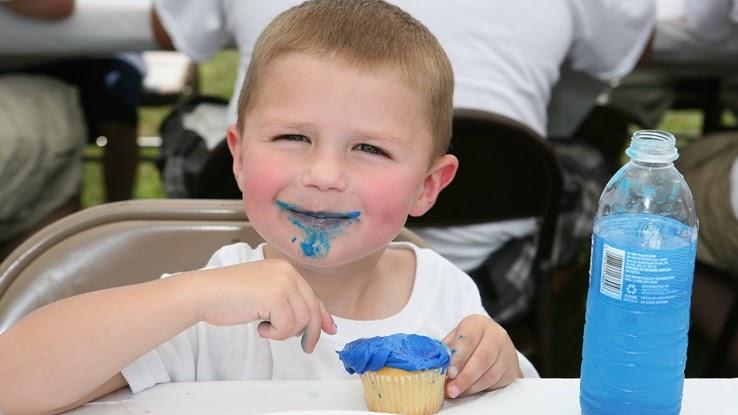
Always keep fresh foods in your home to encourage them to eat fruit and vegetables. Try cooking even simple meals at home, and encourage your children to help. Get your kids involved in shopping and meal prep, and they will be encouraged to make healthy choices as well.
Limit Physical Activity
While it can be tempting to let your kids enjoy their childhood however they see fit, it’s important to try and encourage your child to be physically active. Since you are your child’s first role model, show your kids that you prioritize physical activity as well.
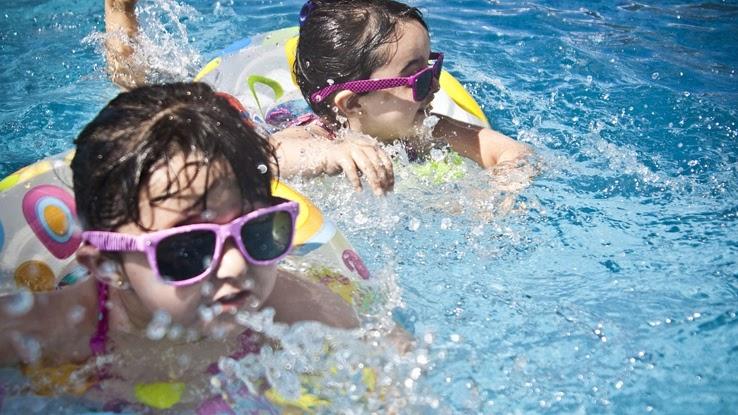
Even at a young age, taking your child outside to engage in activities can set them up for future physical health. There’s no need to make your child an Olympic athlete — just playing fetch with the dog is a good place to start.
Too Much Screen Time
While kids need to learn and grow with technology, too much screen time can be detrimental to their health and development. It can be tempting to let your kid sit in front of a screen all day so you can get things done, but there are better ways to keep them busy.
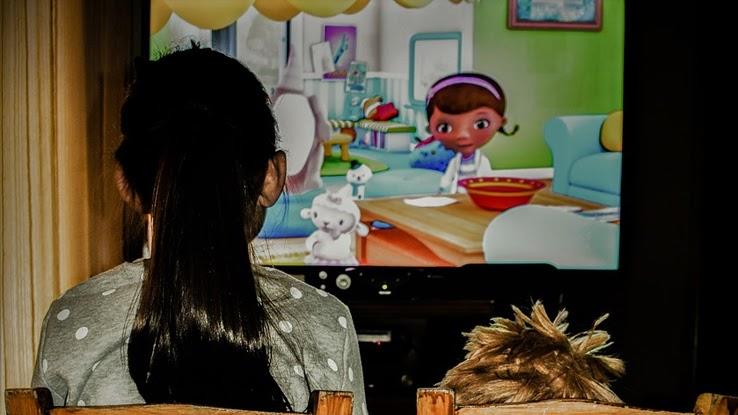
Instead of always reaching for a screen, encourage your kids to play with toys, be active, get outdoors and interact with you or help with what you’re doing. It’s also important to let kids be bored so they can learn to entertain themselves, use their imagination and create their own fun.
Poor Sleeping Habits
Lack of sleep probably affects almost all households with children. From stress at work, to stress with kids, sleep in many households is a fond memory. To help encourage better sleeping habits in your home, do your best to stick to a routine from birth.

As children grow, their sleep routine changes, so you will need to make adjustments. Sleep affects physical health, mental state, grades and the immune system, so there are few things as important as demonstrating that kids and adults alike need their rest.
Personal Hygiene Fails
Sometimes, you just can’t wait for your little one to brush their teeth or even wipe their own behind when you’re in a hurry. Nonetheless, as hard as it is to be patient, you should make room for letting your kids learn essential personal hygiene habits.
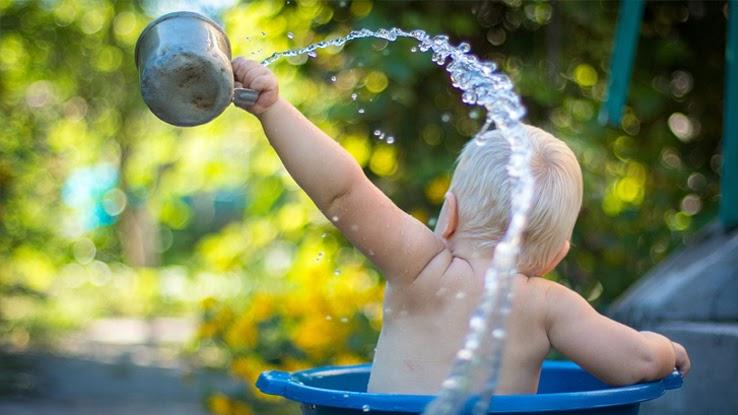
Kids as early as one can have their teeth brushed and may even try helping themselves. You can encourage hand washing even in babies by washing their hands after diaper changes and before meals. As kids grow, these habits become the norm and less of a battle.
Not Making Reading a Priority
While reading may not be an activity for everyone, you should still give your kid a chance to cultivate a love of reading. When it comes to holidays and birthdays, encourage family or friends to buy books instead of toys. Maybe instead of buying a trinket on every vacation, let your kid choose a book.

If your children see you reading, they may want to read as well. You can also encourage your child to read by doing it with them. From the time they are babies, your little one will love curling up and reading with you.
Avoid Talking About Money
Money doesn’t have to be a taboo topic. While you don’t need to stress your kids out with every financial detail of your life, you should give them some insight into personal finances and your own situation.

Let your child know when something is too expensive or why you don’t think it’s a good investment to teach them the value of money. If your child is interested in grocery shopping with you or planning meals, you can encourage them to help budget. Talk to older kids about college and career plans as well.
Creating a Safe Environment
One of the most essential things for a parent to provide is a safe place for their kid to sleep, play and learn in. While this is usually your child’s home, it should also include their childcare situation, their school and anywhere else they spend a lot of time.
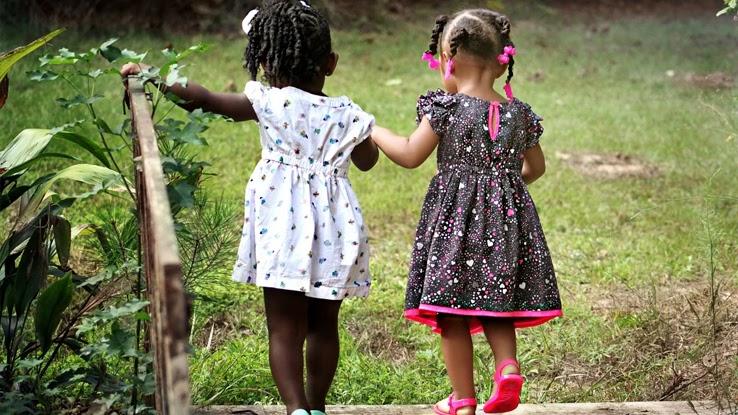
While every parent wants their child to be safe, there’s only so much parents can do to childproof their homes, vet strangers and research outside environments. Because of this, it’s also important to teach your kid how to respond to dangerous situations and let them know that they can always count on your support — and follow through with it.
Not Offering a Place for Sharing
Kids need to be able to open up and talk to their parents. If they can’t communicate with them, a child may confide in the wrong person instead. While you want your kids to have friends other than you and have relationships with other people, make sure they know they can talk to you about their life.

Strive to create a safe environment where kids feel as though they can open up to you without being judged, punished or ignored. Doing so is important not just early on in life, but through the teenage years and even into adulthood.
No Routines
Kids find routines comforting. Babies especially thrive in environments where their routine is calming and predictable. When you don’t have an order in place, your child may feel like they are always out of sorts. When a kid doesn’t know what is coming next, they stress out, and that in turn is likely to cause problems for you.
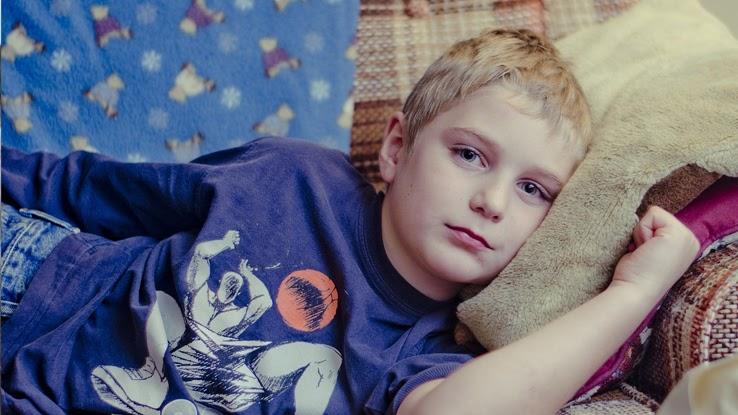
While you can’t plan every minute of the day, make sure you give your kids as much structure and stability as possible. From a calming bedtime routine to a predictable homework schedule and free time, your kid will thrive with some steadiness.
Not Partaking in Family Meals
While life with kids is always hectic, making time to sit down and eat a meal together is still worthwhile. It gives family members an opportunity to connect and check in with one another, and it establishes the family as a single, cohesive whole.
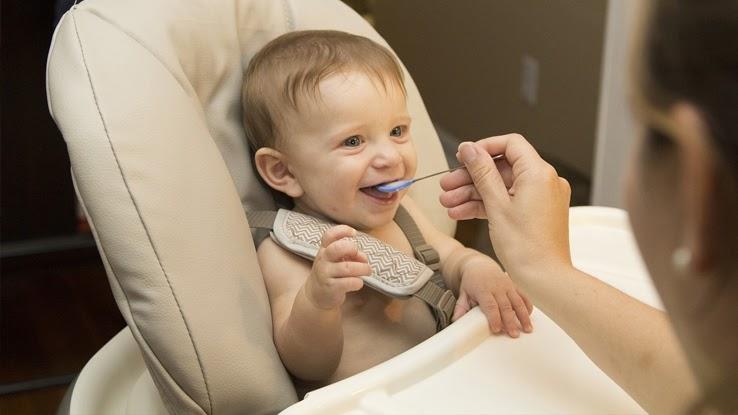
Try to encourage family meals a couple of times per week or as often as you can. Even just two breakfasts on the weekends and one or two family dinners can create stronger bonds. This is probably more realistic than doing it every night, and you’ll all love some together time.
Hold Back Their Independence
While you want to keep your child safe, holding back their independence isn’t always helpful. It’s important to give your child opportunities to interact with the world on their own, since that is ultimately your goal in raising them.
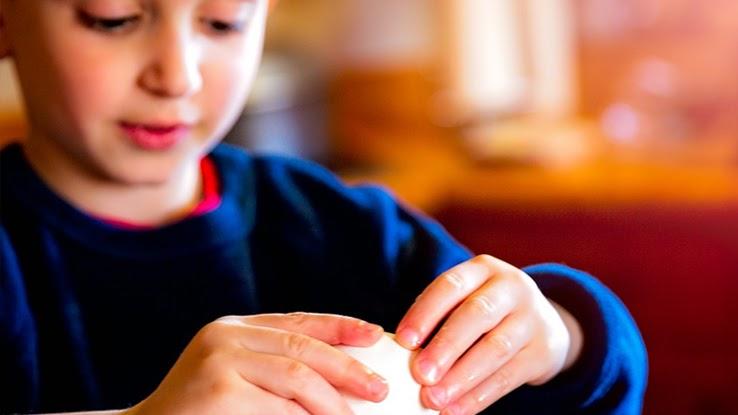
Safe ways to encourage independence early on include playdates with trusted friends, sleepovers at grandparents’ houses or activities where parents watch instead of participating. The more confidence you show, the more confidence your kids will have when it comes to going solo.
Not Teaching Them Life Skills
Your kids need to learn basic life skills before they leave the nest. If you are constantly doing everything for them, they might be a little lost on their own. Starting at a young age, kids are fully capable of doing a lot on their own.
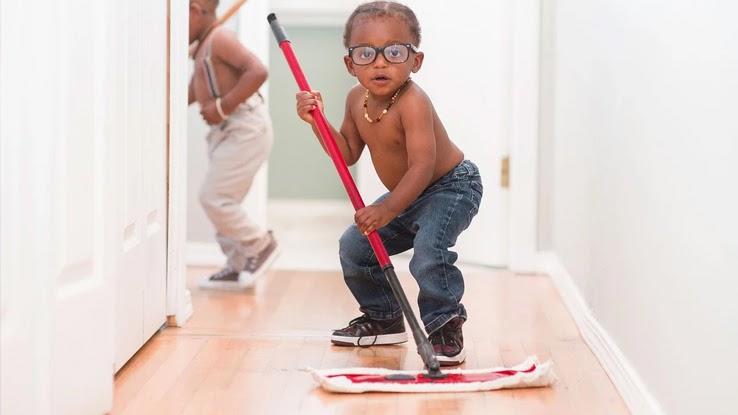
Get your kids to help with chores, teach them how to do laundry, let them help you cook and as they get older, you can even have them prepare meals themselves. The more you teach them when they are young, the more confident and capable they will become.
Avoiding Conflict
When your child needs rules, structure or discipline, it might seem easier to avoid conflict and just let them have their way. While you may need to pick your battles, you don’t want to set a precedent that your child can rule the roost.

Give your child some healthy boundaries and rules and they will likely feel more comfortable and safer having order. While it can be hard to punish your child, setting healthy boundaries helps keep them safe, and you’ll both feel more at peace.
Clean Up After Them
Constantly cleaning up your child’s messes is a bad precedent to set. Not only are you teaching them that they don’t have to clean up after themselves, but you’re also showing them that you are always there to do it.
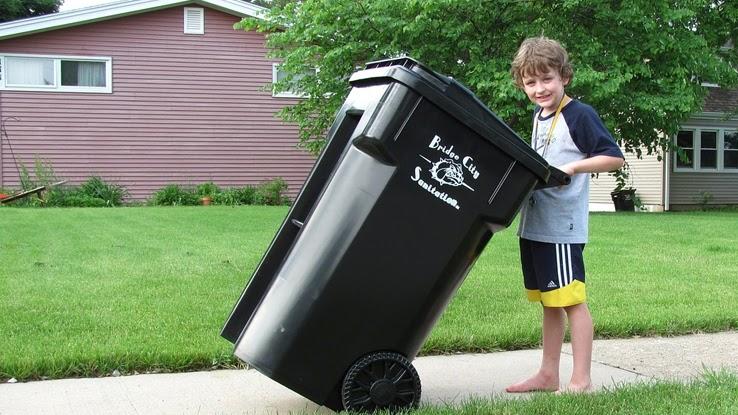
The problem with cleaning up their messes is that they won’t learn how to do it for themselves. Even toddlers are capable of putting their trash away and picking up toys. Start small and work your way up as your child ages.
Not Taking Time for Yourself
While your kids may think you are superhuman, that doesn’t mean you really are. If you never take time for yourself, your stress, anxiety and exhaustion could lead to worse care on your part and even lashing out at them. Moreover, it teaches them that they shouldn’t take care of themselves when they get older.

Teach your kids that you are all whole people who need to time alone or doing things they enjoy. If your kids see you being active, working out, going out with your spouse or even just reading, they will understand that self-care is important.
Talking Negatively About Your Body Image
When you’re in front of your children, be careful what you say about your body. Don’t put yourself down or say negative things about other people’s bodies in front of your kids. They hear and understand a lot more than you think.
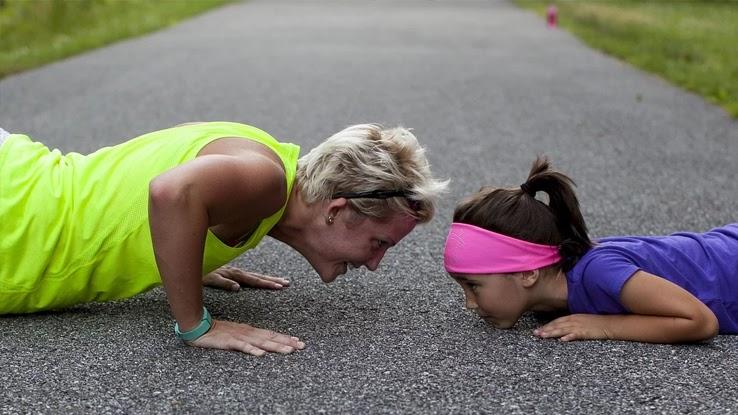
If you are unhappy with your body, show your kids positive actions such as working out or eating healthy to demonstrate that physical fitness isn’t set in stone. Otherwise, your kids will hear your negative talk and start to internalize it.
Being Disrespectful to Others
Being rude, mean, or disrespectful to others is something parents would almost always be angry at their kids for doing. Show your child how to respect and treat other people well, and they will do the same. If they grow up in an environment where physical or verbal violence is acceptable, however, they may start to think it’s normal.

Show your kids how to disagree respectfully and resolve conflicts without violence or personal attacks. Kids can be especially unkind, so it’s important to teach them to be empathetic towards others.
Frivolous Spending
If you’re a shopaholic, chances are your kids have noticed. Despite how much money you have or don’t have, you should teach your kids the value of a dollar and that how you spend your money matters. By giving your child anything they ask for, they may not learn self-restraint and that things have value.

While you may want to give them whatever they want, break the cycle and show them how to earn something. Consider giving them an allowance and teaching them how to budget their money. The earlier you start teaching your children about money and spending, the better.
Let Kids Be Kids
That said, as much as your child needs to learn over the coming decade or two, it’s still important to give them space to enjoy childhood. Let them get dirty, explore nature, and use their imagination.

Creative play and general goofing around not only let your kid blow off steam, but also reflect on the world around them and practice the skills they’ve learned in a low-stakes way. Denying them the opportunity to just be kids will leave them worse off as adults.
When Follow-Through Isn’t Important
If you constantly threaten punishments but don’t actually follow through with enacting consequences for your child, your warnings won’t be respected. Your kids will eventually see right through your words and know that you don’t actually mean what you say.
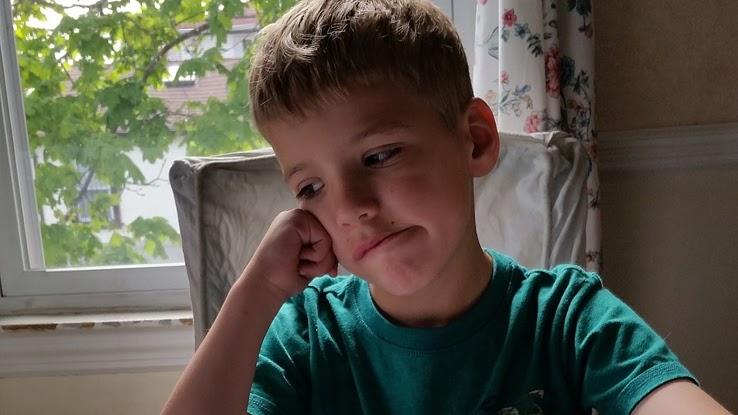
If your child is doing something hurtful, unsafe or rude, they may just need some connection with you, or they may need to face consequences to get them to reconsider their behavior. Show them that every action has a cause and effect. From missing school to not coming home when they say they will, teach them that follow-through matters.
Not Making Health a Priority
Everyone should take their health seriously, and just because you’re a parent doesn’t mean you suddenly don’t need to take care of yourself. Lead by example and show your children that health matters.

From buying and eating healthy foods, to avoiding cigarettes or too much alcohol, show your kids that what you put into your body makes a difference. Demonstrate that you make fitness and physical activity a priority as well. The more you involve them in fitness and preparing healthy meals, the more they learn.
Insult Their Intelligence
Very often, kids are even more perceptive than adults give them credit for. When it comes to keeping secrets from them, whether for good reasons or bad, you should take care not to underestimate them. Even young kids often understand much more than they let on or can fully articulate.

Keep your child’s age, emotional capacity and maturity in mind when choosing what to tell your children, but make sure to have the tough conversations if you need to. They may surprise you by pointing out something you thought they’d missed, and you’ll be better off having a response ready.
Not Getting to Know Their Friends
If you don’t take an interest in your child’s friends, they may think it doesn’t matter who they hang out with. Whether you like all of their friends or not, take an interest in learning more about them. Even if you feel pushy or intrusive, learning about who your child hangs out with can help.

The more you know about your child’s friends and their interests and parents, the more connected you’ll be to your children. Moreover, you’ll be in a better position to identify potential dangers or challenges down the road.
Discouraging Interests
If your child shows an interest in something that doesn’t interest you, be respectful and try to be encouraging. You may not love going to dance recitals or football games, but if they are important to your child, try and make them a priority.
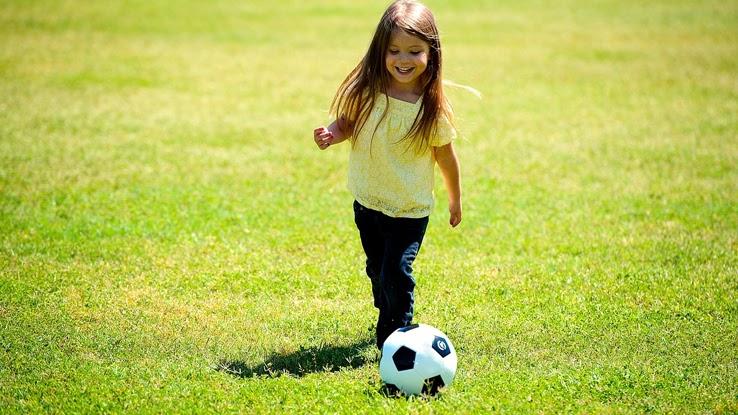
No matter how different you and your child are, at the end of the day, all your child wants is to feel included and for you to be proud of them. You should always aim to give your child the freedom to try new passions and explore — within reason.
Not Teaching Them Charity
Being charitable isn’t something kids are always exposed to. If they don’t see you helping strangers, they may think kindness is something that should be limited to friends and family, or even just to themselves.

During a big spring clean, you can have your kids help round up clothes to donate and explain that not every family has the privileges yours does. During the holidays, you can have your child shop for the less fortunate or donate some of their toys.
Not Showing Environmental Concern
If you don’t show your kids that the environment matters, they may not care either. Even basic tasks like recycling and not littering might not be picked up by your kid if you don’t make a point of demonstrating them.
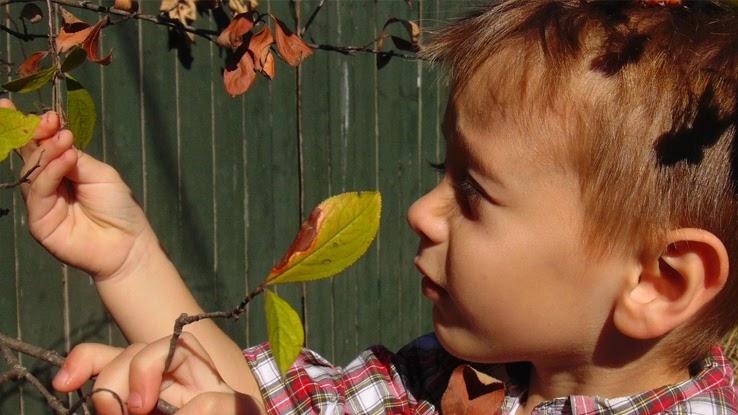
Show your children the importance of picking up after themselves, recycling, and being aware of the resources they consume. Even just shutting off the lights or not leaving the water running helps. Doing so ensures not only that your kid will have an environmentally friendly attitude, but also a respect for the world around them.





